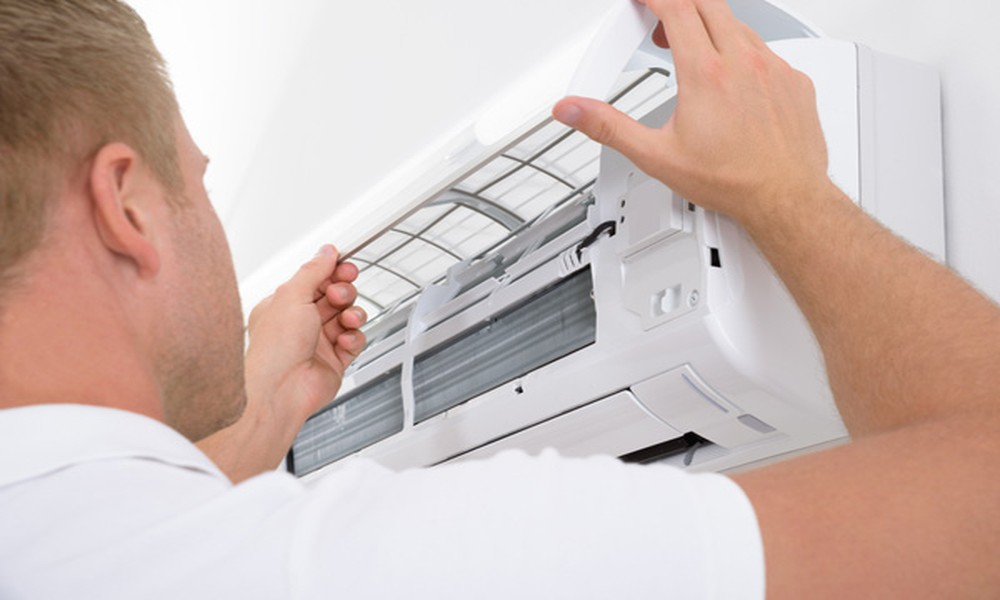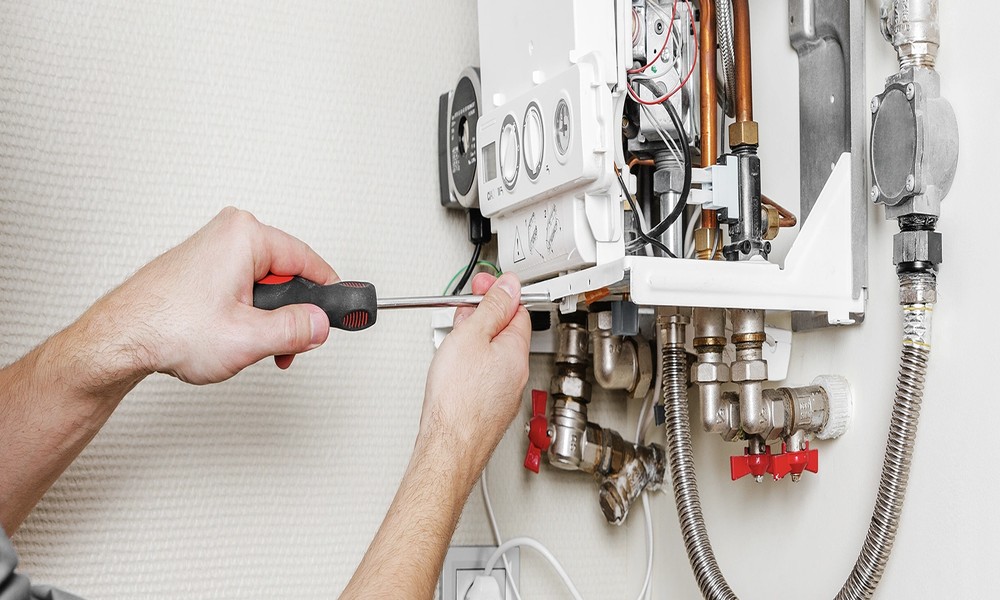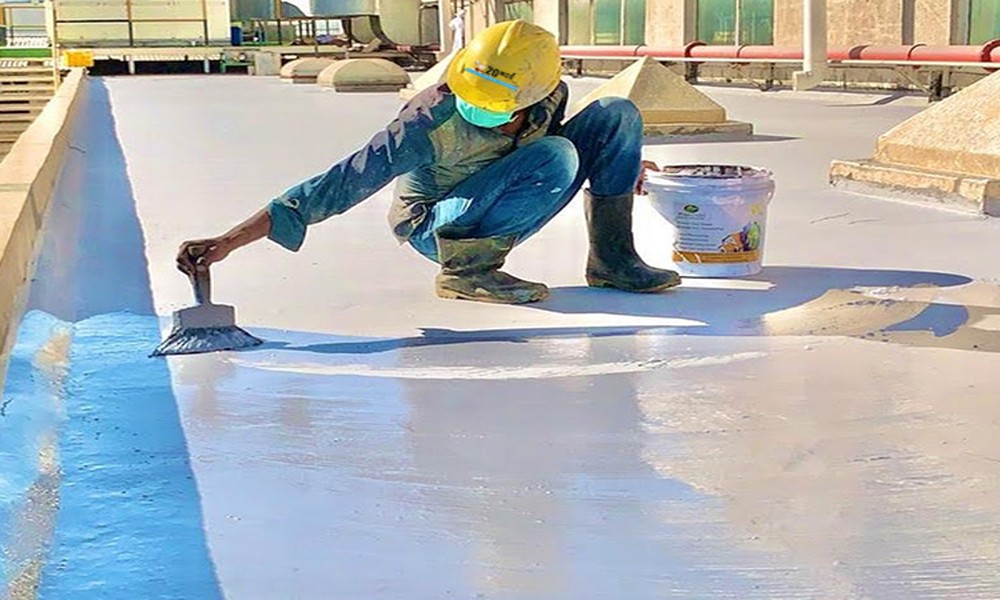
In Britain, where the rhythm of rain and sun dictates the days, the battle against clutter and dampness in our home offices is a quiet yet relentless one. Amidst this, the need for a clean, organised workspace emerges not just as a task but as a necessity for clarity and efficiency. This guide, rooted in the heart of British homes, offers seven critical tips for mastering the art of keeping your home office and bookshelves not only clean but resilient against the caprices of the UK climate.
Understanding the Cleaning Needs of a Home Office
In the UK, a home office serves as a haven from the unpredictable British weather rather than just a place to work. In addition to the common concerns of dust and clutter, the damp air’s constant threat of moisture necessitates a cleaning plan that is both comprehensive and flexible.
Tip 1: Decluttering Your Workspace
The first front in this battle is decluttering. British homes, often grappling with space constraints, demand smart organisation. Approach the disarray of wires, documents, and office supplies with a detailed eye, creating an area where each component has a designated place, like the pieces of a skillfully constructed chess set.
To enhance space efficiency and prevent clutter, think about investing in storage solutions like shelving units, desk organisers, and cable management systems. Prioritise decluttering regularly to maintain a productive and harmonious workspace environment.
Tip 2: Dusting and Cleaning Bookshelves
In the dance of dusting and cleaning bookshelves, the delicate balance of protecting the wood and the pages from Britain’s dampness is key.
Employ the soft embrace of a microfiber cloth to capture dust without scattering it into the air. Select cleaning products made especially for wood surfaces to ensure that the material’s integrity is maintained while also allowing for gentle, efficient cleaning.
To further nourish and protect the wood and keep it from drying out or becoming vulnerable to moisture damage, think about applying wood polish or conditioner.
Tip 3: Sanitising Desks and Electronics
Sanitising your desk and electronics, those silent companions in your daily grind, requires finesse. Opt for cleaners that eradicate germs but evaporate quickly, leaving behind no trace of moisture that the UK air is too eager to add to.
Make sure the disinfection wipes or sprays you use are safe to use on screens and other delicate components by using ones designed specifically for electronic equipment. Pay special care to surfaces that are touched frequently, such as keyboards, mice, and phone displays, to reduce the possibility of germ transfer.
Think about employing natural cleaning products, such as lemon juice or diluted vinegar, which efficiently get rid of dirt without leaving any dangerous residues behind.
To clean dust and debris from electronics, use a soft, dry cloth rather than strong chemicals, as they could harm delicate parts.
Tip 4: Organising Books and Decorative Items
Explore these expert tips to elevate your bookshelf game and master the art of organising your literary treasures and decorative items with finesse and flair.● Avoid overstuffing shelves to prevent structural damage and difficulty accessing items;● Rotate decorative pieces regularly to prevent sun damage and fading, especially if displayed near windows;● Consider investing in bookends, storage boxes, or display stands for organised and visually pleasing arrangements;● Prioritise maintaining a balance between aesthetic appeal and ensuring the longevity of items.
Consider investing in adjustable bookends, display stands, and decorative boxes to create visual interest while maintaining order on your shelves.
Tip 5: Cleaning Upholstery and Office Chairs
In the realm of upholstery and office chairs, the spectre of allergens and dust mites looms. Regular vacuuming and keen use of fabric cleaners are your allies, but always with an eye toward complete drying, a challenge in the moist embrace of the British climate.
Choose upholstery cleaners designed to penetrate deep into fabric fibres, effectively lifting dirt and allergens without leaving behind residue. For office chairs with removable covers, follow manufacturer instructions for washing and drying to maintain their appearance and integrity.
Spot clean spills and stains immediately using a mild detergent or upholstery cleaner, blotting gently with a clean cloth to prevent the spread of the stain. Invest in a high-quality upholstery cleaner suitable for your fabric type and follow the manufacturer’s instructions carefully for the best results.
Tip 6: Managing Paperwork and Documents
In managing paperwork and documents, efficiency is paramount. Embrace filing systems and digitisation, especially in the compact confines of UK homes. Protect your important documents in airtight containers, a shield against the omnipresent humidity.
Invest in file organisers, document scanners, and cloud storage solutions to streamline paperwork management and reduce physical clutter. Eliminate superfluous documents on a regular basis to avoid clutter and facilitate finding crucial information when required. To make sure that physical files and folders are easily retrieved and don’t get lost, label them.
Tip 7: Establishing a Regular Cleaning Routine
Forge a regular cleaning routine, your rhythm in the constant flux of British weather. Adapt it to the seasons – the increased humidity of summer, the dust of winter’s heated indoors. It’s a routine that not only cleans but also preserves.
Set aside dedicated time each week for cleaning and organising tasks, breaking them down into manageable chunks to prevent overwhelm. To keep track of your efforts and make sure every part of your workstation is attended to, make a calendar or checklist.
Allocate a specified time slot every week to perform particular cleaning duties, like dusting, vacuuming, and surface disinfection. In addition to keeping your workstation spotless, routine upkeep will make it healthier and more productive. Rewarding yourself for keeping your space tidy and organised can encourage you to stick to your routine over time. Don’t forget to do this.
Conclusion
In the UK, becoming proficient at organising your bookshelves and home office requires flexibility and attention to detail. These seven pointers are not merely guidelines; they are your toolkit for keeping your workspace both hospitable and productive. Accept them and make your work area a fortress against the weather.








